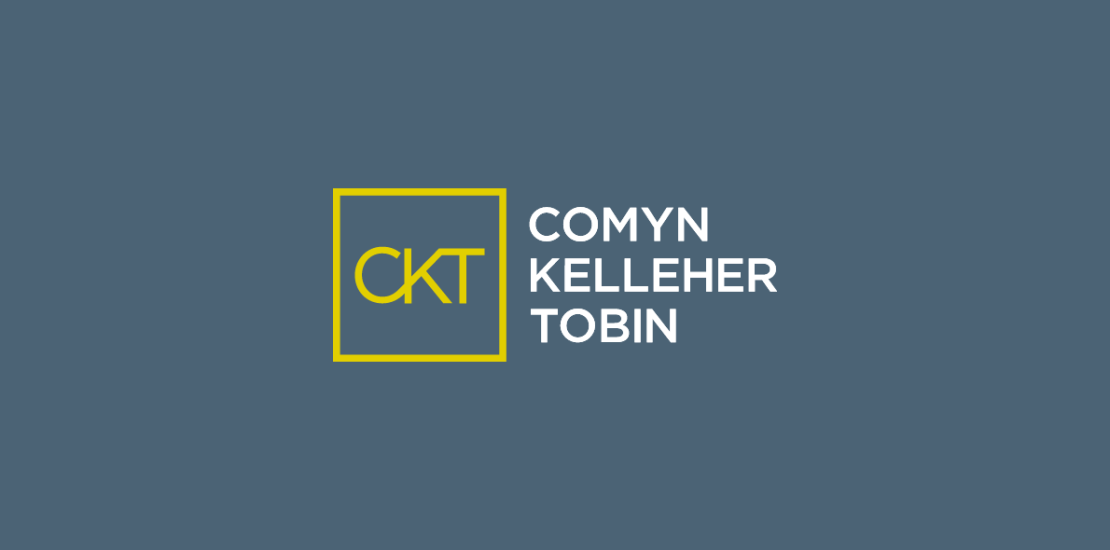- January 20, 2020
- Posted by: granitewordpress
- Category: News

The Children and Family Relationships Act 2015 and Donor Assisted Human Reproduction
Parts two and three of the Children and Family Relationships Act 2015 will be commenced on the 5th May 2020. On the 4th November 2019 it was announced that Simon Harris had signed the commencement orders for these parts of the 2015 Act.
The Children and Family Relationships Act 2015 has been commenced in a piecemeal manner over the past five years, despite the commencement of these two substantive parts of the Act some portions of the Act will remain not commenced.
Parts two and three of the Act will for the first time in Irish law legislate for the use of donor reproductive material. Part two of the Act provides for the parentage rights in relation to children born using donor reproductive material. While it must be noted that these sections are somewhat limited in their remit, they do for the first time provide parental rights in relation to the use of donor genetic material.
Part two of the Act deals with parentage in cases of donor assisted human reproduction. In summary, the provisions set out in this section outline that a mother and the other commissioning parent, who may be a spouse, civil partner or cohabitant, will be considered parents of any child born through the use of donor genetic material if the provisions of the act are complied with. The Act sets out that both the mother and other parent must consent to being parents of the child and the donor must consent to not being a parent to the child. The Act requires that the process of conception then be carried out in a clinical setting, which is regulated by the provisions of the Act. If these requirements of consent and the process of conception in a clinical setting are complied with, the mother and other commissioning parent will be considered parents of the child and they will both be named on the birth certificate.
Part two of the Act also allows for declarations of parentage to be made in relation to children to whom this Act applies.
Section 21 of the Act allows for a joint application by the mother and the other commissioning parent to be made to the District Court to have the commissioning parent be declared a parent of the child.
Section 22 of the Act allows for the child, the mother or the other commissioning parent to make an application to the Circuit Court to have the commissioning parent declared a parent of the child.
These declarations of parentage should prove useful for children already born using donor human reproductive material and it is noteworthy that a declaration can be made in relation the children who are over the age of 18.
Part 3 of the Act provides for procedural provisions in relation to clinical facilities engaging with donor assisted human reproduction.
In accordance with Article 8 of the United Nations Convention of the Rights of the Child section 33 of the Act establishes the National Donor Conceived Persons Register. This register will allow, when the child born through use of donor genetic material reaches 18 years of age, the child and the donor to access the contact information contained on this register. Interestingly the Act does not provide for any obligation to inform a child that they were born through the use of donor genetic material.
Important elements of the law of reproduction remain unlegislated. Notably IVF and surrogacy have not been provided for. It is interesting to note that in the earlier drafts of the Children and Family Relationships Bill surrogacy was provided for, but these provisions were later abandoned.
The Assisted Human Production Bill provides for surrogacy and IVF and the Joint Oireachtas Committee Report on Health, published in July 2019 provided some criticism of this bill including concerns relating to consumer protection, international surrogacy not being considered and the best interests principle not being provided for in the bill.
If you wish to read more, please follow the link to the Joint Oireachtas Committee Report dated 10th July 2019.
This information is for general guidance and it is not intended to be professional legal advice. For further information, contact a member of the CKT Child and Family Law team.